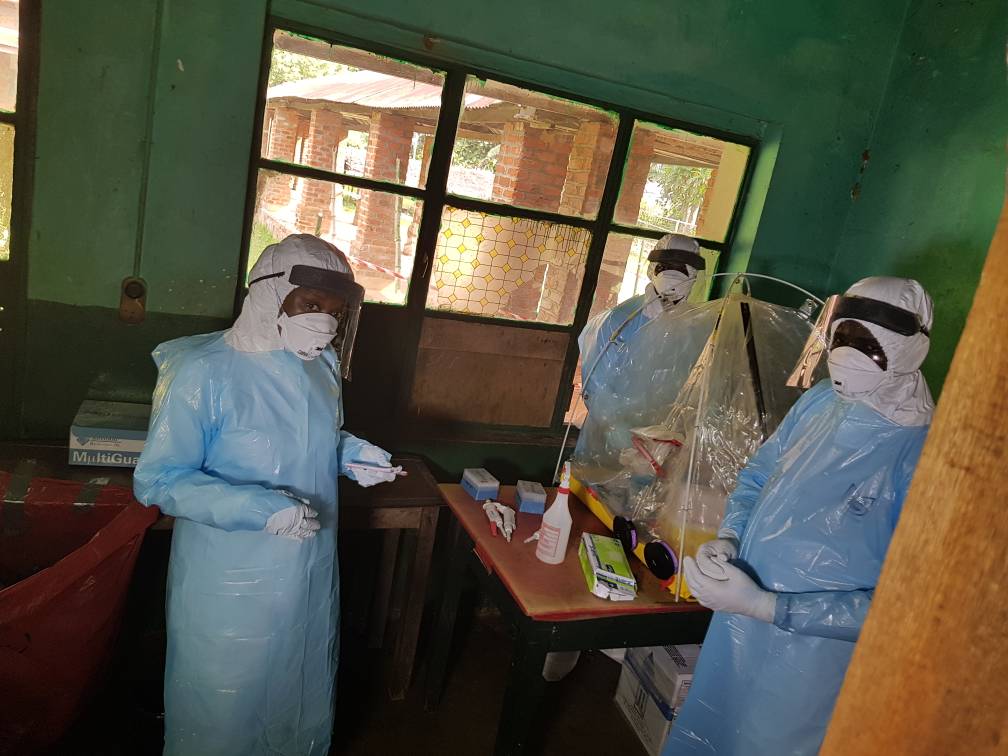The World Health Organization (WHO) has assured that the current Ebola outbreak in Democratic Republic of Congo can be brought under control, allaying any fears of it becoming a global crisis.
The organization’s Emergency Committee of 11 experts said on Friday that the rapid response has helped to contain the potential risk it posses to the world.
In a statement the team of experts said that “Interventions underway provide strong reason to believe that the outbreak can be brought under control”.
The committee chairman Robert Steffen told reporters in Geneva the “vigorous” response to the outbreak must continue since “Without that, the situation is likely to deteriorate significantly”.
The deadly Ebola virus in the Democratic Republic of Congo is fast spreading to other parts of the country with new cases recorded in the northwest city of Mbandaka for the first time.
Health minister of the central African country, Oly Ilunga Kalenga said on Wednesday in a statement that “We are entering a new phase of the Ebola outbreak that is now affecting three health zones, including an urban health zone.”
The outbreak in a region with a population of about 1 million people worries health officials with the health minister further saying in the statement that “Since the announcement of the alert in Mbandaka, our epidemiologists are working in the field to identify people who have been in contact with suspected cases.”
Experimental Ebola vaccines have now arrived in the country to enable health officials combat the spread of the virus.
Over 11,000 people died from the deadly virus in 2014 when it hit West African countries of Guinea, Sierra Leone and Liberia.
Ebola leads to internal and external bleeding which can cause damage done to blood vessels.
The virus which is transmitted by bats was first discovered in DRC in 1976 and named after the Ebola river.
Source: Africafeeds.com


